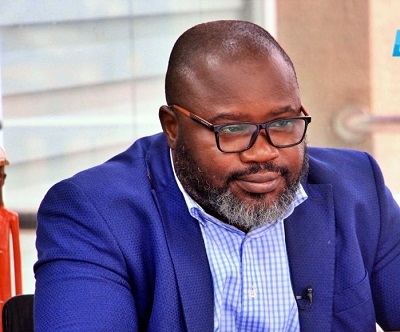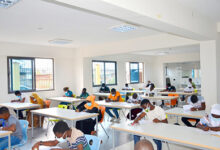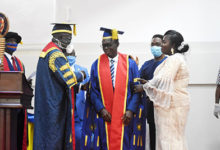
The government has been urged to construct at least one public basic school in addition to the 600-capacity bed hostel it intends building at Agbogbloshie, a slum in Accra for head porters (Kayayie).
According to Africa Education Watch, a non-governmental organisation, all Schools in Agbogbloshie were private and mostly unaffordable for residents.
In addition, it said its study had found out that schools there were not accessible to the inhabitants, leading to low enrolment, retention and completion rates in basic education.
The appeal was contained in a statement on the NGO’s observations on the 2020 budgetary allocation to education and social sectors, issued in Accra on November 27, 2019 by its Executive Director, Kofi Asare.
The Finance Minister, Mr Ken Ofori Atta in the 2020 Budget presented in parliament said work on the hostel to start next month, was part of efforts by the government to provide decent housing facilities for the slum dwellers.
This, according to Africa Education Watch was commendable but would make more impact if schools were provided for the children therein to access their right to education.
It observed that the budget which had small allocation for infrastructure had about GH¢ 169 million allocated for the payment of teacher trainee allowances.
Instead, it urged the Ministry of Education and the National Council for Tertiary Education to facilitate students’ access to student loans through the Students Loans Trust Fund by the end of the current academic year.
“This would have freed the GH¢ 169 million for investments into basic school infrastructure in rural areas, and facilitate the removal of schools under trees and sheds”, it said.
The NGO observed that the decision to allocate the GH¢ 2.4 billion required to fully finance the free SHS policy in 2020 with more than half of the funding from oil revenue was worthy.
However, it said whereas it provided a good justification for spending oil revenue accruing to the state, the possibilities of fluctuations in the international price of oil must be considered in providing a cushion to avoid effects of any revenue deficits on the free SHS.
The statement also expressed concern that over 90 per cent of funds allocated to the Ministry of Education went to salary and related expenses, leaving less than 10 per cent for goods, services and capital investments.
“This has been a history we must depart from, as it poses a challenge to government’s ability to develop infrastructure in the sector,” African Education Watch said.
BY TIMES REPORTER




